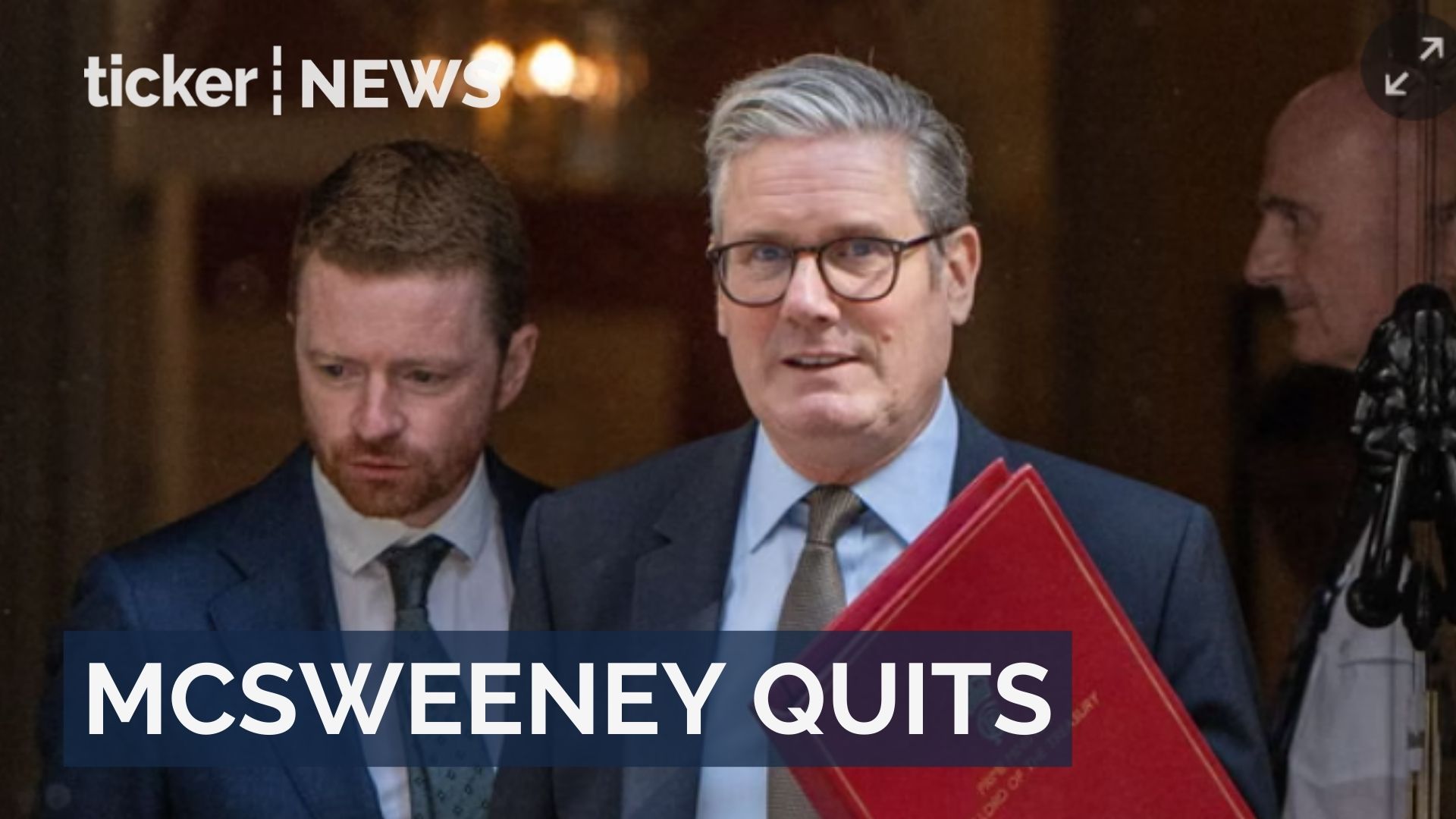News
Global cybercrime treaty’s impact on human rights

News
Liberal and Nationals reunite after political split
Australia’s major parties restore Coalition unity after three weeks, with Nationals frontbenchers rejoining shadow cabinet and ministers pledging commitment.
News
Starmer aide resigns after Mandelson appointment questioned over Epstein links
Morgan McSweeney resigned amid scrutiny of Peter Mandelson’s US ambassadorship; Keir Starmer claims he was misled about Epstein ties.
News
Japan election delivers commanding win for ruling LDP
Japan’s ruling party expected to strengthen majority in Lower House election despite heavy snowfall, says local forecasts.
-



 News3 days ago
News3 days agoU.S. ramps up Cuba aid as energy crisis deepens
-



 News5 days ago
News5 days agoAmazon launches AI tools to change film and television production
-



 Tech4 days ago
Tech4 days agoOpenAI and Anthropic launch faster, smarter AI tools for enterprise coding
-



 Shows5 days ago
Shows5 days agoAI in education: Transforming learning, challenges, and future skills
-



 News4 days ago
News4 days agoOil prices surge as U.S.-Iran tensions escalate
-



 Ticker Views5 days ago
Ticker Views5 days agoNine Entertainment buys QMS Media for $850 million as radio assets sold
-



 Shows5 days ago
Shows5 days agoAdrian Pozzo reflects on Cbus Property’s successes and future
-



 News4 days ago
News4 days agoSpaceX expands Starlink with phone plans and satellite tracking ambitions






